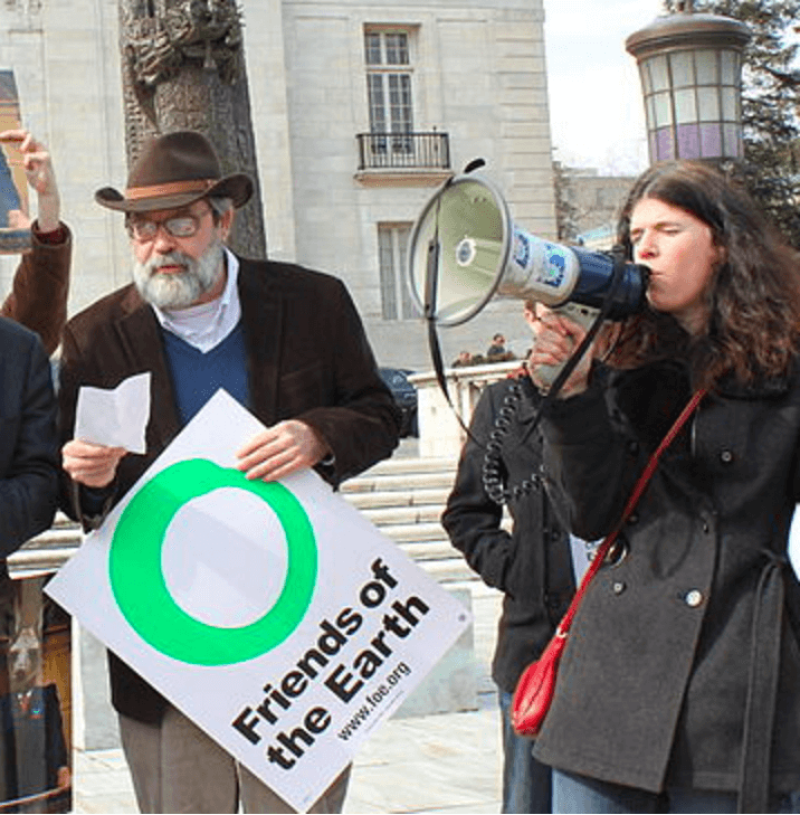The GLP aggregated and excerpted this blog/article to reflect the diversity of news, opinion and analysis.
The panel . . . convened by the National Academies of Sciences, Engineering and Medicine and asked to review . . . the benefits and hazards of GE crops. The 388-page report is nuanced and, on some issues, equivocal, with comments from all sides of the issue.
. . . .
But the recommendation of a process-agnostic approach to new crops. . . drew immediate criticism from the technology watchdog organization ETC Group.
“In our view the report is inconsistent on the . . . question of whether or not to regulate the new techniques such as genome editing and synthetic biology. . . .” ETC spokesman Jim Thomas said by email. . . .
. . . .
Dana Perls, senior campaigner . . . with Friends of the Earth, said the biotech industry has long supported the National Academies.
“I’m concerned that their findings and recommendations are deceptive and even biased toward industry interests,” she said in advance of reading the report.
The National Academies did not appoint anyone from the biotech industry. . . nor use any money from the industry. . . all committee members were required to disclose any potential conflicts of interest.
Read full, original post: Are GMO crops safe? Focus on the plant, not the process, scientists say.































